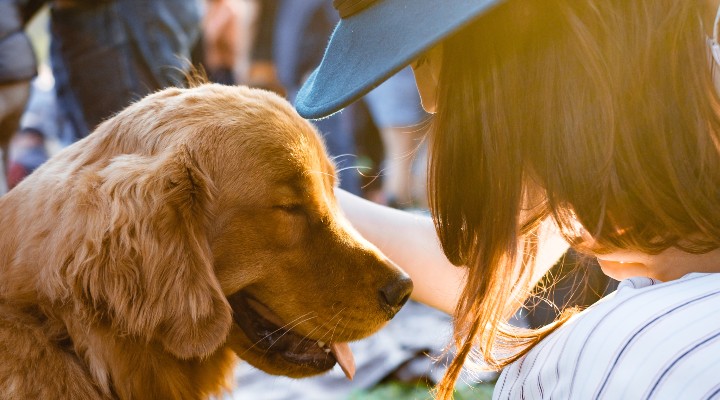The pet food industry is currently worth around US$105 billion globally, according to a report by FutureMarketInsights, and with a spike in pet ownership caused by the Covid-19 lockdowns, the market is forecasted to grow in the coming years. And while most pet food is based on recipes using red and white meats as the main ingredient, usually mixed together with vegetables and grains, there is a new category emerging which is creating quite a buzz. Insect-based pet foods currently make up aroun
around 7 per cent of the total market, being worth around US$7 billion in 2021. However, that number is expected to grow at a compound annual growth rate of 9.3 per cent, and will eventually reach a market value of US$17.3 billion by 2031, according to the FMI report.
It’s getting big enough that major players in the food industry are taking notice and getting onboard, with Nestle and Mars each having launched their own insect-based pet food products in the last few years.
One of the main reasons for the growth of the insect-based pet food market is the impact it is having on pet health. Many traditional pet foods mix their meat ingredients with grains as part of the manufacturing process – something which cats’ and dogs’ stomachs are not used to breaking down.
Increasingly, grain-free recipes are being used to combat health concerns in pets, such as skin irritation, excessive gas, loose faeces, and ear infections.
“The allergy situation in our domestic animals is a real issue,” Pernilla Westergren told Inside Retail, chief executive and founder of Swedish insect-based pet food brand PetGood, which is launching in Australia later this year.
“Some of the biggest allergies we see in dogs and cats are reactions to beef, chicken and wheat, and many commercial pet foods will have multiple of these ingredients mixed into their recipe.”
Insects, however, are not a typical part of the diet of cats and dogs and are considered a source of novel protein: meaning insect protein is considered hypoallergenic, and is less likely to cause dietary sensitivities.
Additionally, with pet food taking up around 25 per cent of farmed meat, the industry generates a significant environmental footprint. According to a study published by UK and German researchers in 2020, the environmental impact of the pet food industry globally is equal to countries such as Mozambique or the Philippines.
“[Farming insects] requires significantly fewer resources in terms of water, land usage and energy wastage,” said Westergren.
“What’s also amazing is that because insects can subside on what we would consider food waste, they can turn that waste into high-quality protein. It’s more resource efficient than other sources of animal protein.”
PetGood’s local farming partner, for example, buys ageing fruit and vegetables from local supermarkets, as well as waste from breweries and bakeries, and turns that waste into insect feed.
PetGood turns its sights Down Under
PetGood is planning on having its Black Soldier Fly Larvae-based product available in Australia by the end of this year, and has tailored the recipe it uses in Europe to incorporate locally sourced ingredients.
Australia is the business’ first non-European market, and was chosen due to the fact its lead nutritionist, Dr Nicky Słuczanowski, lives and works in Adelaide, and has a working knowledge of the region.
According to Westergren, the benefits of an insect-based diet for pets are clear, and the main goal of PetGood in the lead-up to its expansion to Australia is educating its potential customers on those benefits.
“What is most important to us is to feel that consumers are informed about their choices, and then it’s up to consumers to decide for themselves,” Westergren said.
“We don’t want to blame anyone if they want to continue with meat-based products, but we at least want them to know about the benefits to their pets. That’s really our goal.”







